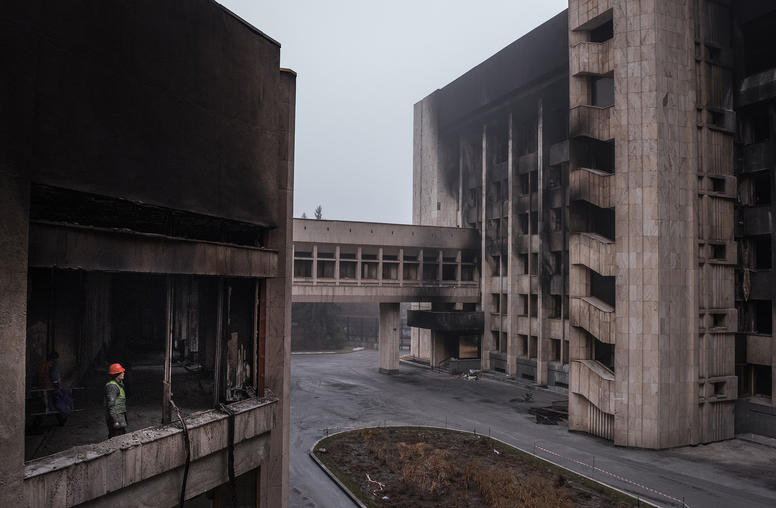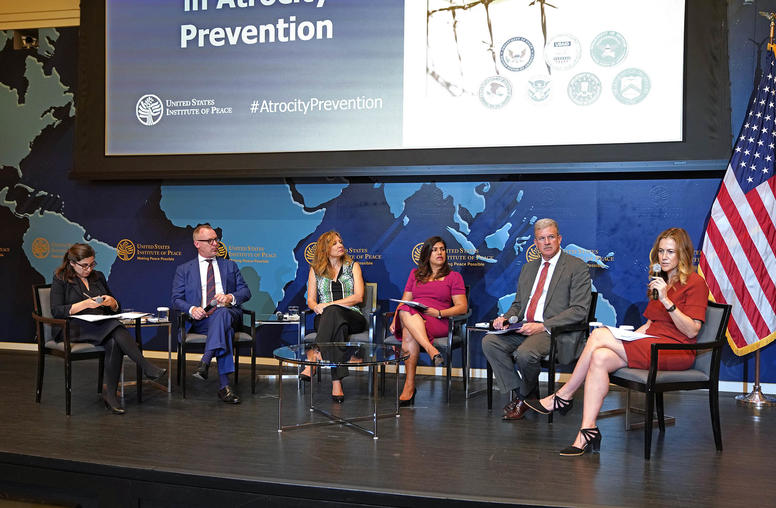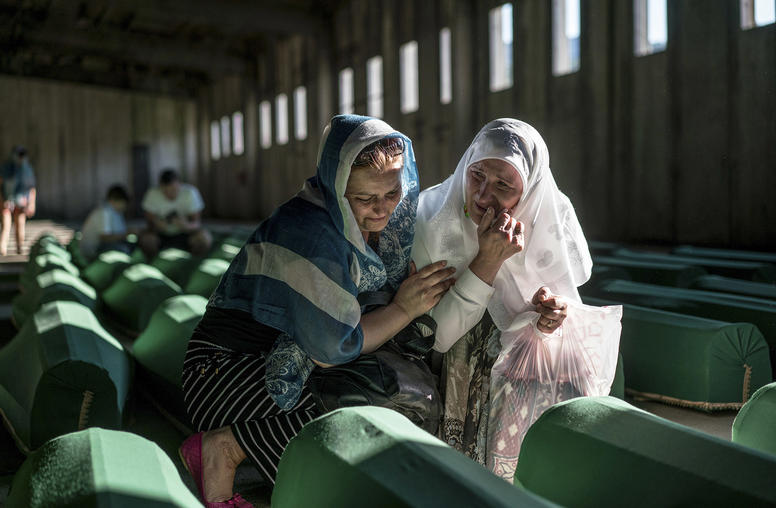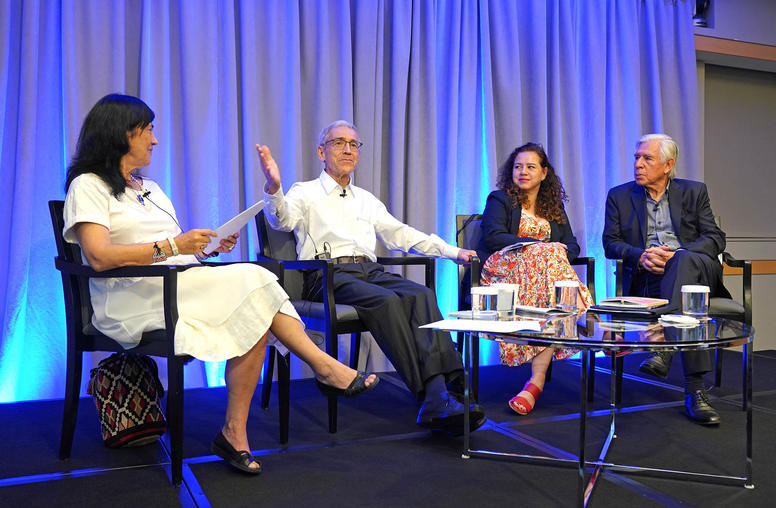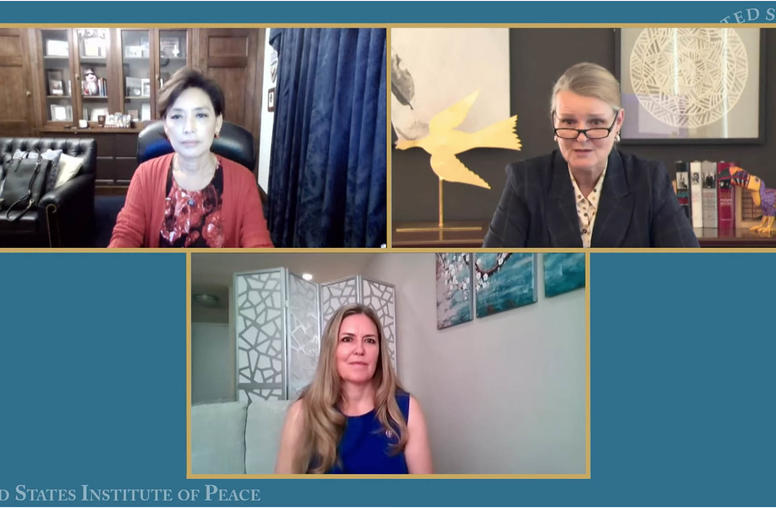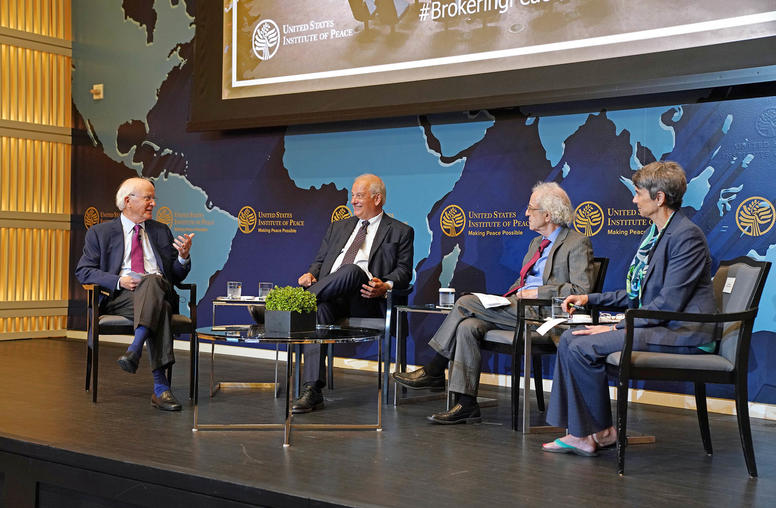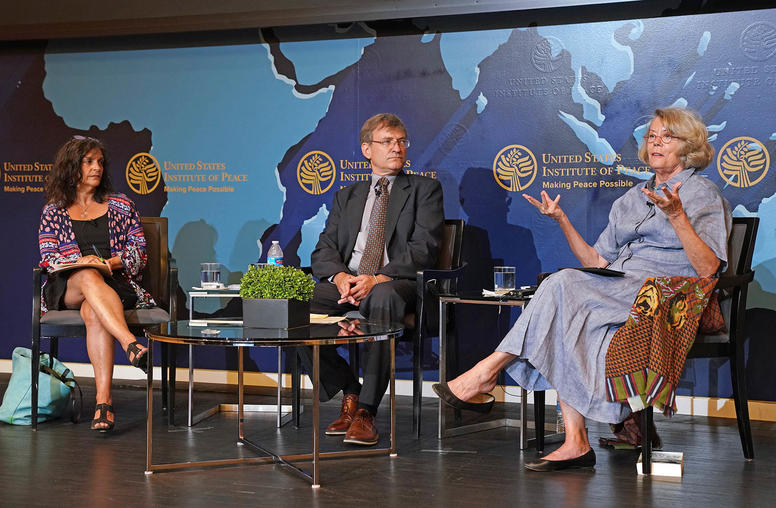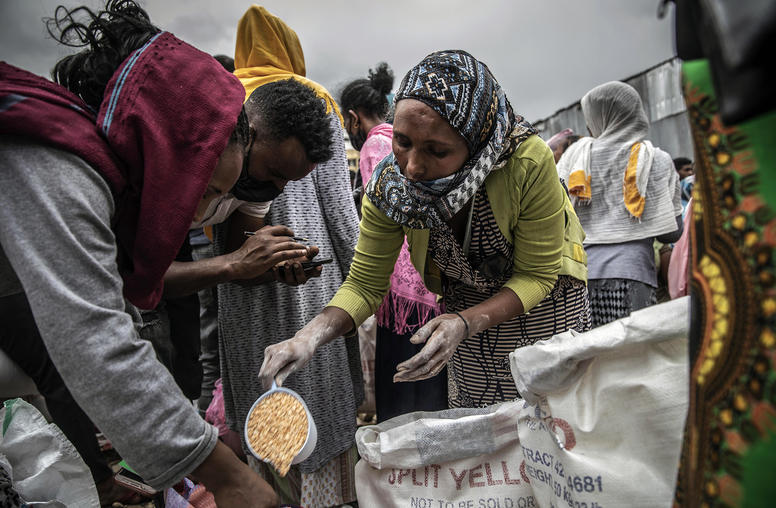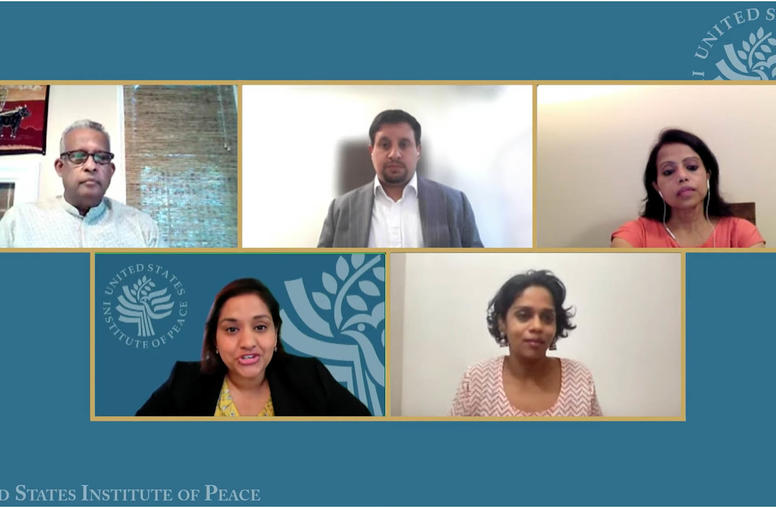
What's Next for Sri Lanka?
On July 25, USIP hosted a discussion on what’s next for Sri Lanka — from reforming the constitution to lessen the power of the presidency to finalizing a deal with the International Monetary Fund and Sri Lanka’s creditors to secure relief to the immediate economic crisis. The conversation also touched on how the United States, India, China and other international actors are addressing Sri Lanka’s crisis.
